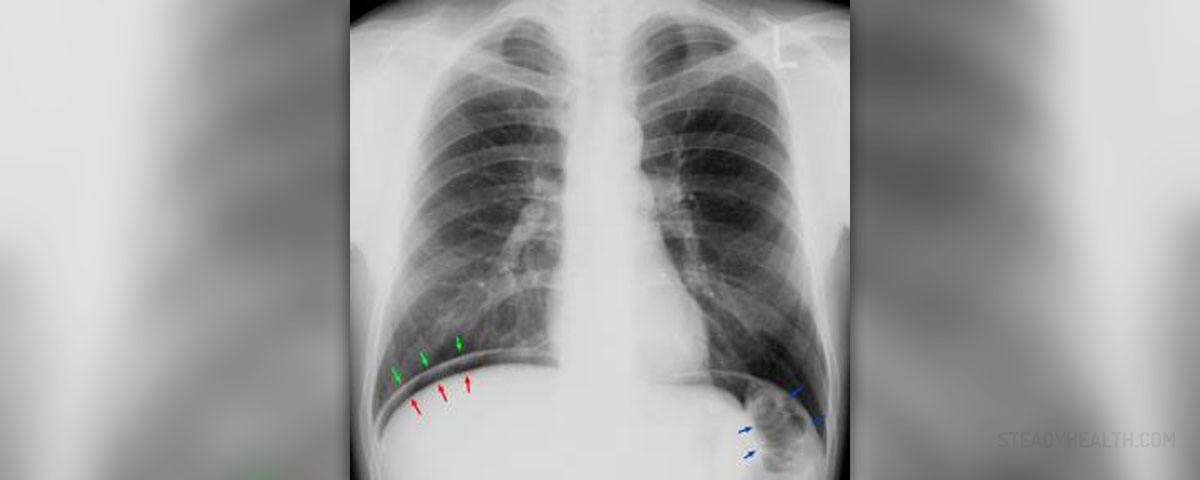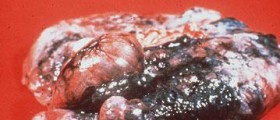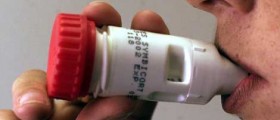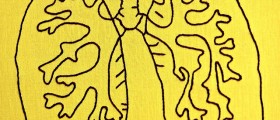
Pneumonia is a respiratory tract disease which affects the lungs, mainly in children and elderly people. It is a very serious disease and its mortality rate is about 30%. The recovery time for pneumonia depends on the intensity of the infection, as well as on the overall health of the patient, and it may take 2 weeks to 2 months.
Types of pneumonia
Pneumonia can be of two types: lobar pneumonia and bronchial pneumonia. Lobes represent the sections of the lungs and when the infection is limited to one section then it is called lobar pneumonia. However, when the infection affects the whole lungs, then it is bronchial pneumonia. Recovery time is different for the both types.
The role of the lungs is to supply the body with oxygen and when pneumonia is developed pus and fluids in the lungs prevent the normal functioning of the lungs. Thus the various parts of the body are not supplied with enough oxygen casing thus many symptoms to emerge. Problematic breathing, fever, temperature, exhaustion and very low appetite are the most common symptoms of pneumonia. Furthermore, the people suffering from this respiratory disease may also experience painful muscles and joints, shivering, chills and constant cough while coughing up the phlegm.
Causes of pneumonia
Recovery time for pneumonia also depends on the cause of it and there are about 30 established triggers of this disease. However, in the majority of cases, bacteria, viruses and mycroplasma are the three main causes of pneumonia. Therefore, bacterial, viral and mycroplasmic pneumonia are the three main strains of pneumonia.
Pneumonia recovery time
Correct diagnosis and proper treatment can make the recovery time for pneumonia shorter if the patient makes some changes in his/her lifestyle and if he/she follow the doctor’s instructions. The people with pneumonia should avoid the things which make pneumonia only worse, such as smoking, alcohol and dusty areas. The affected person should take ample rest and stay in bed at home in order to accelerate the recovery process and prevent that some other person contract the infection.
Bacterial and mycroplasmic pneumonia can be effectively treated with antibiotics, but antibiotics are not effective when viral pneumonia is in the question. Unfortunately, pneumonia may recur once the person thinks that he/she is cured of it and when it appears again its symptoms are even more severe. Therefore, the people who have contracted this disease should pay much attention to their immunity and prevent the recurrence of pneumonia once it is cured.
- www.nhs.uk/conditions/pneumonia/treatment/
- medlineplus.gov/ency/patientinstructions/000017.htm
- Photo courtesy of Hellerhoff by Wikimedia Commons: commons.wikimedia.org/wiki/File:Pneumoperitoneum.jpg

















Your thoughts on this
Loading...